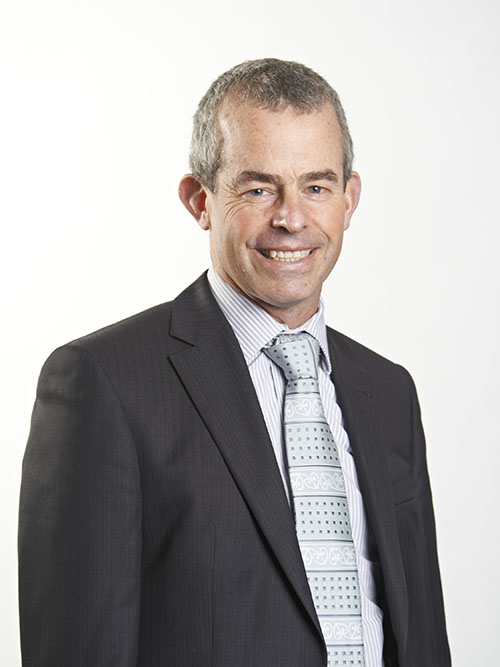
Image by José Manuel Suárez via CC
Following legislation that was passed by the Government in 2020, the Freshwater Farm Plan regulations were published in June requiring pastoral or arable land use of more than 20ha and/or horticultural land of more than 5ha to have a Freshwater Farm Plan.
The intent of these plans, part of the Government’s Essential Fresh Water package of reforms, is to improve freshwater utilising Farm Plans to enable flexibility within different farm systems.
Plan Change One is expected to be fully operative by the middle of next year.
The Ministry for the Environment has agreed on a staged rollout of the new regulations and Waikato and Southland will be first. The Waikato rollout will take two years starting in Waipā.
The Waipā is one of the catchments to be chosen first to ensure alignment with both sets of regulations – Plan Change One and the Freshwater Farm Plan – can be designed to comply at the same time.
The regional council acknowledges the frustration and unnecessary compliance costs of having to comply with both regulations when the output is effectively the same, however that decision was out of our control.
This staged approach supports the scaling up of resources required across the sector for design, certification and implementation of Farm Environment Plans.
The council is not looking to take on extra staff for this work, but will support the sector to grow its capacity to work with and support farmers to meet the new regulations. The regional council will still be the regulatory body charged with ensuring compliance in situations where freshwater plans are not being adhered to.
We have a farm plan implementation work programme underway, working alongside the ministry and Assure Quality (the National Accreditation Body).
A programme is underway for the training of certifiers and auditors – certified environment plans will be subject to audits. The training is mostly online, and in modules.
At a national level, an Integrated National Farm Data platform is being developed to enable regional councils and others to track the certification of freshwater farm plans and progress with actions across the region.
The regional council is developing its own farm registration tool to comply with one of the requirements of Plan Change One, and this will work with the national platform.
So, from the start date of, August 1, farmers in the Waipā catchment will have 18 months to submit their Freshwater Farm Plan to a certifier for sign off. For those who already have farm plans, the intent is that the process will enable these to be upgraded where necessary to meet the new requirements.
I appreciate there is a heap of detail that I have not covered here, and the process is evolving all the time. My intention here is to make farmers aware of what is coming, as the 18 months will no doubt roll around quickly.
Don’t hesitate to reach out if you have questions.









